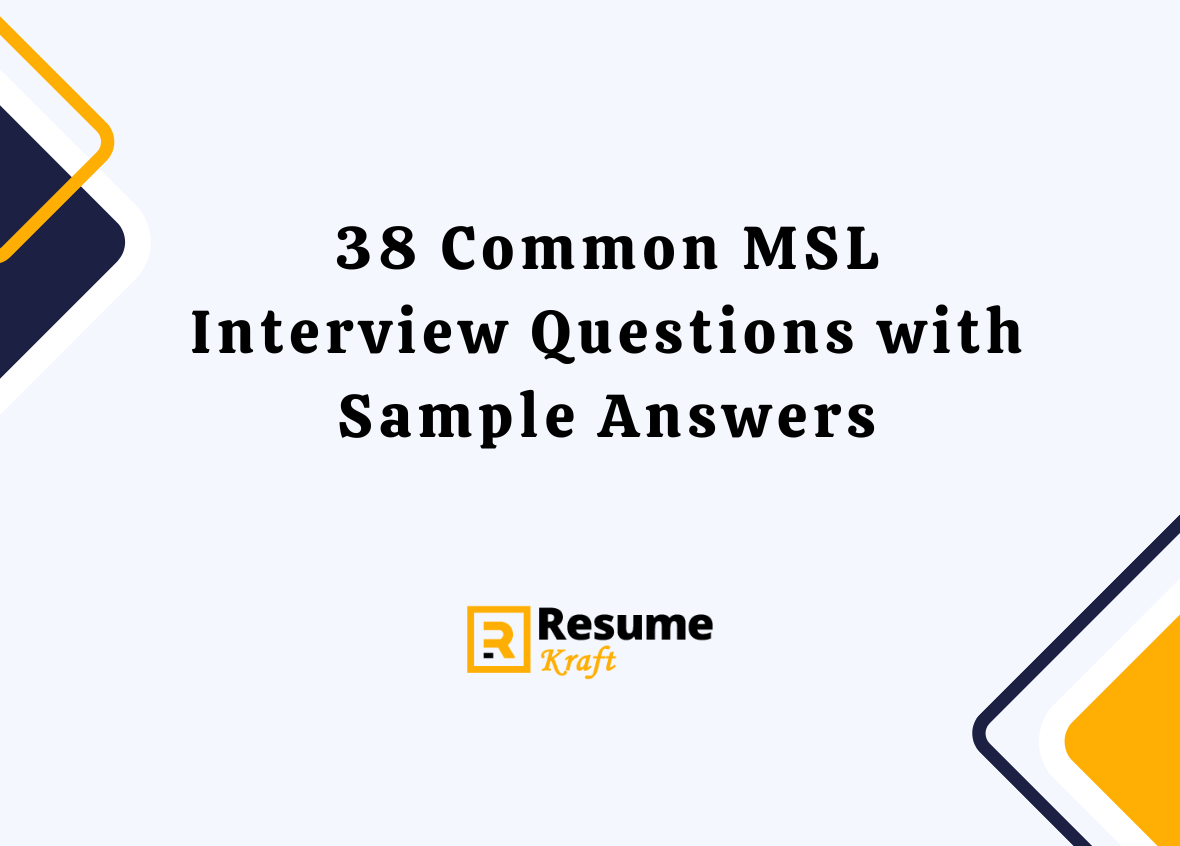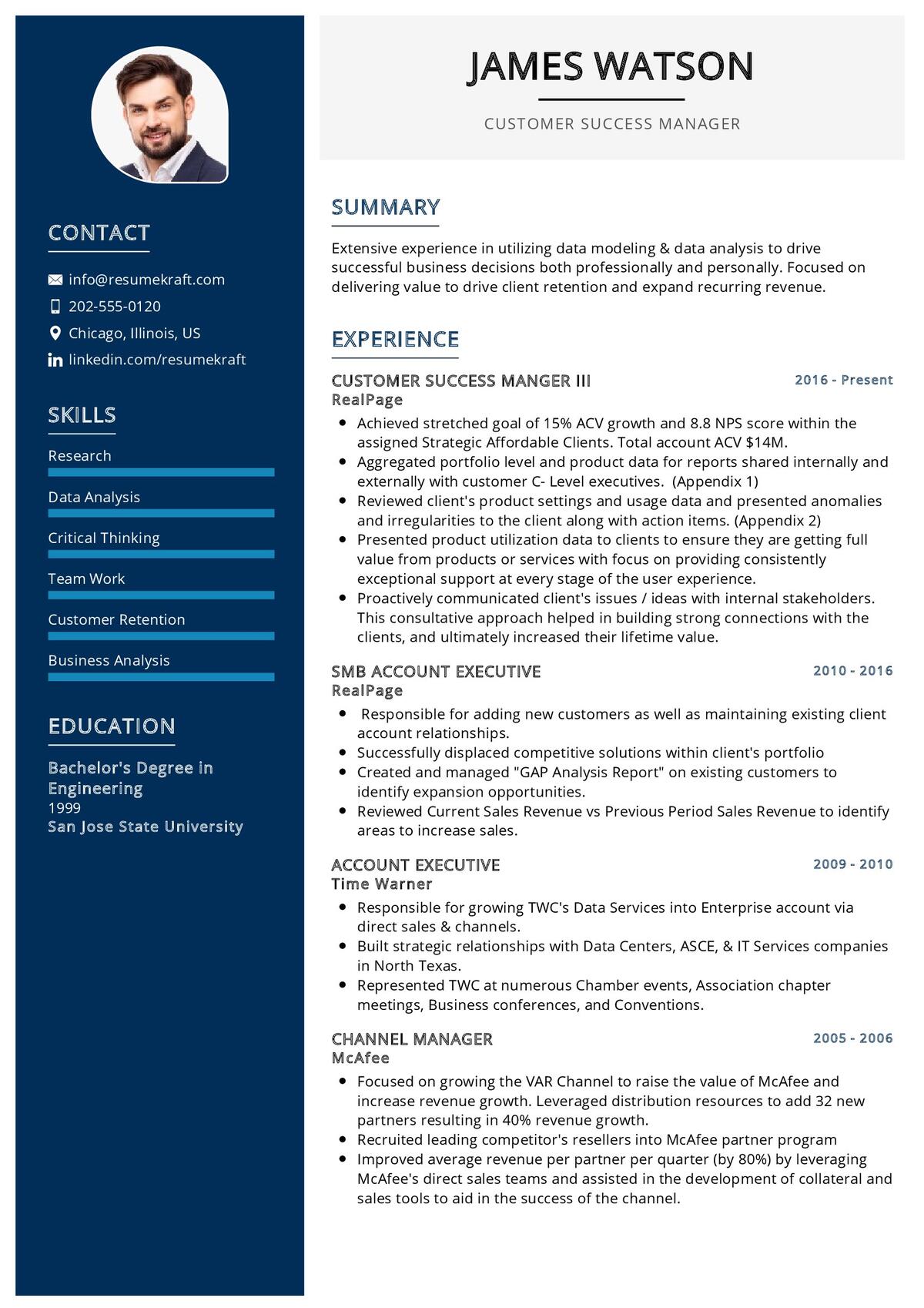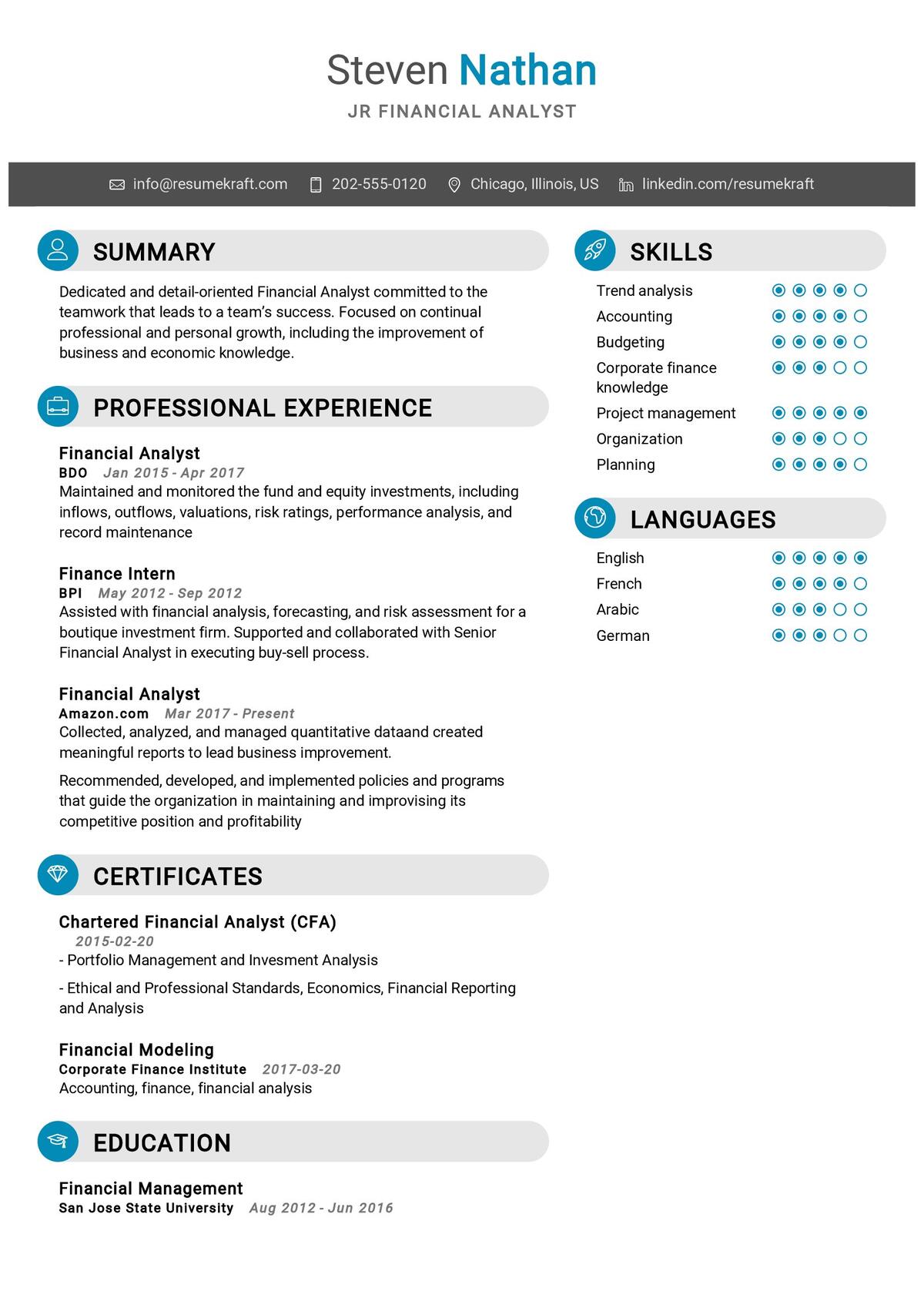
Medical Science Liaisons (MSLs) play a crucial role in the pharmaceutical, biotechnology, and medical device industries. They serve as a bridge between the company and the healthcare community, providing scientific and medical insights to healthcare professionals (HCPs) while gathering valuable feedback to support product development and marketing strategies. Due to the importance of this role, the interview process for MSL positions is highly focused on both technical and interpersonal skills. In this article, we will cover 38 common MSL interview questions, along with sample answers and explanations to help you prepare for your MSL interview.
1. What is the role of an MSL in the pharmaceutical industry?
An MSL acts as the primary scientific contact between a company and healthcare professionals. Their role includes delivering scientific and clinical information, conducting presentations, and supporting clinical trials. They work closely with the medical community to foster collaboration and trust.
Explanation: The MSL is responsible for communicating complex medical information in a clear and concise manner, helping to bridge the gap between clinical and commercial teams.
2. How do you stay current with the latest developments in medical research?
I regularly read peer-reviewed journals, attend medical conferences, and participate in webinars and online courses. I also subscribe to medical newsletters and follow key opinion leaders on social media platforms to stay updated on the latest trends.
Explanation: Staying current with medical research is essential for an MSL to provide accurate and up-to-date information to healthcare professionals.
3. How do you establish relationships with key opinion leaders (KOLs)?
I focus on building trust and credibility through transparent communication and providing value. I listen to their needs, offer scientific insights, and collaborate on research or educational initiatives that benefit both parties.
Explanation: Building strong relationships with KOLs is a critical part of an MSL’s role, as these individuals can influence the adoption of medical products and treatments.
4. Describe a time when you handled a difficult question from a healthcare professional.
In a past role, a physician asked about an off-label use of our product. I acknowledged the question, provided the approved information, and followed up with scientific data supporting the product’s on-label use. I also directed them to relevant clinical studies.
Explanation: Handling difficult questions requires diplomacy and adherence to regulatory guidelines while providing useful information to healthcare professionals.
Build your resume in just 5 minutes with AI.

5. How would you approach educating HCPs about a new product launch?
I would organize scientific presentations, one-on-one meetings, and webinars to introduce the product’s clinical data, mechanism of action, and therapeutic benefits. I would also ensure to provide detailed materials that are easy to understand and compliant with regulations.
Explanation: Education is a key aspect of the MSL role, and it’s important to tailor the approach to the needs and knowledge level of the audience.
6. How do you handle conflicting opinions from healthcare professionals during a presentation?
I listen carefully to their viewpoints, provide data-driven responses, and encourage open dialogue. I aim to create a collaborative environment where different opinions are respected while supporting my points with scientific evidence.
Explanation: It is crucial for an MSL to manage differing opinions in a professional and respectful manner, while ensuring the focus remains on the science.
7. Can you explain the difference between clinical and commercial roles in the pharmaceutical industry?
The clinical team focuses on research, development, and testing of products to ensure their safety and efficacy, while the commercial team is responsible for marketing, sales, and distribution of the product to ensure it reaches the intended market.
Explanation: Understanding the distinction between these roles helps MSLs navigate the different objectives and ensure compliance in their communication.
8. What experience do you have with clinical trial support?
I have experience supporting clinical trials by identifying potential investigators, providing scientific education to trial sites, and facilitating communication between the clinical team and investigators. I also help in gathering feedback on trial protocols.
Explanation: MSLs often play a key role in the successful execution of clinical trials, providing both logistical and scientific support.
9. How do you ensure compliance with regulatory guidelines when discussing products with HCPs?
I strictly adhere to company policies, regulatory frameworks, and medical guidelines. I make sure to provide only the approved information and always clarify that any off-label questions should be referred to the medical affairs department.
Explanation: Compliance with regulatory guidelines is essential for MSLs to maintain the integrity of the information provided and to avoid legal issues.
10. How would you handle a situation where a KOL expresses negative feedback about your product?
I would acknowledge their concerns, ask for more specific feedback, and provide evidence-based data to address their points. If necessary, I would follow up with additional information after consulting with internal teams.
Explanation: Handling negative feedback professionally and constructively is crucial for maintaining relationships and fostering trust with KOLs.
11. How do you prioritize your tasks as an MSL?
I prioritize tasks based on urgency, strategic importance, and impact on key goals. I also ensure that I allocate time for building relationships, attending meetings, and staying updated on relevant medical research.
Explanation: Time management and prioritization are important skills for MSLs to balance their scientific, educational, and relationship-building duties.
12. Describe your experience with scientific data interpretation and presentation.
I have extensive experience analyzing clinical data, interpreting results, and creating presentations for healthcare professionals. I am skilled at simplifying complex data into understandable insights without losing scientific accuracy.
Explanation: An MSL must be able to interpret and present scientific data in a clear and concise manner to support informed decision-making by HCPs.
Planning to Write a Resume?
Check our job winning resume samples


13. How do you prepare for a scientific meeting with a KOL?
I thoroughly research the KOL’s background, including their publications, specialties, and past collaborations. I also review the latest clinical data related to the topic of discussion and prepare tailored materials to address their specific interests.
Explanation: Preparation is key to ensuring productive and focused meetings with KOLs, where mutual value is exchanged.
14. What is your approach to managing a large territory as an MSL?
I create a strategic plan that segments my territory into manageable sections, prioritizing high-impact regions and KOLs. I also leverage technology to maintain consistent communication and schedule regular visits to ensure efficient coverage.
Explanation: Managing a large territory requires strategic planning, prioritization, and the use of technology to maximize impact and maintain relationships.
15. How would you manage communication between the field and internal teams?
I ensure open and transparent communication by regularly providing field insights, customer feedback, and competitive intelligence to internal teams. I attend cross-functional meetings to share updates and align strategies.
Explanation: Effective communication between field and internal teams ensures that the company is responsive to market needs and that strategies are aligned.
16. Describe a situation where you had to adapt your communication style to a specific audience.
During a presentation to a group of general practitioners, I adjusted my language to be more straightforward and less technical compared to when I speak with specialists. This helped me convey the message effectively without overwhelming them with complex details.
Explanation: MSLs must be adaptable and adjust their communication style based on the audience’s level of expertise to ensure clear and effective messaging.
17. What role do MSLs play in product lifecycle management?
MSLs contribute to all stages of the product lifecycle by providing scientific insights, supporting clinical trials, educating healthcare professionals, and gathering feedback that informs marketing and development strategies.
Explanation: MSLs are involved throughout the product lifecycle, from development to post-market support, ensuring that products meet both regulatory and market expectations.
18. How do you handle a situation where a healthcare provider asks for off-label information?
I explain that I can only provide information within the approved label, but I would be happy to connect them with the appropriate department that can handle off-label inquiries. I also ensure that they receive data relevant to the approved indications.
Explanation: MSLs must adhere to strict guidelines when addressing off-label questions to remain compliant with regulatory standards.
19. What is your experience with pharmacovigilance, and how would you support it as an MSL?
I am familiar with pharmacovigilance practices and have contributed by reporting adverse events and providing feedback on drug safety. I understand the importance of monitoring product safety and communicating any concerns to internal teams.
Explanation: MSLs play a role in pharmacovigilance by ensuring the safe use of products and reporting any safety concerns to help mitigate risks.

Build your resume in 5 minutes
Our resume builder is easy to use and will help you create a resume that is ATS-friendly and will stand out from the crowd.
20. What strategies do you use to stay organized while managing multiple projects?
I use project management tools and calendars to keep track of deadlines, meetings, and key objectives. I also prioritize tasks based on their impact and work collaboratively with cross-functional teams to ensure all projects move forward smoothly.
Explanation: Organization and time management are key skills for an MSL, as they often juggle multiple responsibilities and need to stay on top of various projects.
21. How do you maintain scientific integrity while interacting with commercial teams?
I ensure that all my communications with commercial teams are rooted in scientific facts and that I do not cross into promotional messaging. I collaborate with them by providing insights without compromising the scientific or medical accuracy.
Explanation: Maintaining scientific integrity while interacting with commercial teams is essential to the credibility and compliance of the MSL’s role.
22. Describe your experience with developing and delivering scientific presentations.
I have created and delivered numerous presentations to healthcare professionals, tailored to their specific needs and expertise. My presentations are data-driven, visually engaging, and designed to facilitate discussion and education.
Explanation: MSLs must excel at creating and delivering scientific presentations that communicate
complex information effectively.
23. How do you build rapport with new KOLs?
I start by understanding their needs, research interests, and professional goals. I approach them with valuable scientific information and offer collaborative opportunities to build trust and mutual respect over time.
Explanation: Building rapport with KOLs requires a combination of active listening, providing value, and demonstrating credibility over repeated interactions.
24. How would you manage a situation where a KOL disagrees with your clinical data?
I would respect their perspective, ask for their insights, and provide additional context or evidence to support the data. If necessary, I would follow up with more information after consulting with my team.
Explanation: Handling disagreements professionally and with scientific rigor helps maintain the relationship and ensures that the conversation remains focused on the evidence.
25. What role do MSLs play in scientific advisory boards?
MSLs often support scientific advisory boards by providing data, facilitating discussions, and gathering insights from KOLs to help shape the company’s medical strategy. They act as a liaison between the board and internal teams.
Explanation: MSLs contribute to advisory boards by bridging the gap between the external medical community and internal stakeholders, ensuring a scientific approach to decision-making.
26. How do you manage long-term relationships with KOLs?
I maintain consistent communication, provide updates on relevant scientific developments, and engage in collaborative opportunities. I also listen to their feedback and tailor my interactions to meet their evolving needs.
Explanation: Long-term relationships with KOLs are built on trust, consistency, and ongoing collaboration, ensuring mutual benefit over time.
27. What experience do you have with publications and scientific writing?
I have authored and co-authored scientific papers, created white papers, and contributed to peer-reviewed journals. I am experienced in translating complex clinical data into clear and concise written materials for a variety of audiences.
Explanation: MSLs often contribute to scientific literature, ensuring that the company’s research is accurately represented and widely disseminated.
28. How do you stay compliant with industry regulations, such as the Sunshine Act?
I stay informed about relevant regulations by attending compliance training sessions and following company protocols. I ensure that all interactions with healthcare professionals are transparent and properly documented.
Explanation: Regulatory compliance is critical for MSLs to avoid legal risks and maintain ethical standards in their interactions with HCPs.
29. What is your experience with medical conferences, and how do you contribute as an MSL?
I have attended numerous medical conferences where I have presented scientific data, engaged with KOLs, and participated in panel discussions. I also gather insights from these events to share with internal teams.
Explanation: Medical conferences are key opportunities for MSLs to share data, build relationships, and gather valuable insights from the broader medical community.
30. Describe a time when you contributed to cross-functional team collaboration.
In a previous role, I collaborated with the marketing, clinical, and regulatory teams to align our messaging for a new product launch. My contribution was to ensure that the scientific data was accurately represented while adhering to regulatory requirements.
Explanation: Cross-functional collaboration is essential for MSLs, as they need to align scientific, commercial, and regulatory priorities to achieve the company’s goals.
31. How do you handle high-pressure situations, such as product recalls or adverse event reports?
I remain calm and focus on gathering the necessary information to handle the situation. I work closely with the internal teams to provide accurate data to healthcare professionals and ensure that any issues are communicated promptly and effectively.
Explanation: High-pressure situations require MSLs to remain composed and communicate clearly to manage the crisis while maintaining trust with healthcare professionals.
32. What is your experience with product launches?
I have supported multiple product launches by educating healthcare professionals on the clinical data, addressing their questions, and gathering feedback. I have also participated in launch meetings to align with the company’s strategy.
Explanation: MSLs play a crucial role in product launches, ensuring that healthcare professionals are well-informed and confident in using the product.
33. How would you approach a situation where a KOL wants to collaborate on a clinical trial?
I would explore the opportunity by discussing the scope, goals, and feasibility of the trial. I would then connect them with the clinical development team to further assess the collaboration’s alignment with our objectives.
Explanation: Collaboration on clinical trials can be a valuable opportunity for both the company and KOLs, and MSLs facilitate these partnerships by aligning interests.
34. Describe a time when you provided feedback to the internal team based on KOL insights.
I once shared feedback from KOLs about a potential side effect that wasn’t prominent in the initial trials. This led to further investigation by the medical team and a revision of the product’s safety information.
Explanation: MSLs gather critical insights from KOLs that can influence product development, safety profiles, and overall medical strategy.
35. How do you manage travel as an MSL?
I plan my travel strategically to maximize time with key stakeholders while ensuring that I maintain a balance between work and personal life. I use travel planning tools to optimize my schedule and ensure efficient coverage of my territory.
Explanation: Effective travel management is key for MSLs who often cover large territories and need to make the most of their time in the field.
36. How would you handle a request for a clinical trial protocol from a KOL?
I would ensure the request is within the scope of what I can provide and share the approved protocol documents. If necessary, I would consult with the clinical development team to provide additional insights.
Explanation: MSLs need to be familiar with clinical trial protocols and ensure that they share accurate and approved information with KOLs.
37. What is your experience with investigator-initiated trials (IITs)?
I have supported IITs by providing scientific input, facilitating communication between the investigator and the internal teams, and ensuring compliance with regulatory guidelines. I also help monitor the trial’s progress.
Explanation: IITs offer an opportunity for KOLs to conduct research with company support, and MSLs play a key role in managing these partnerships.
38. How do you handle a situation where a KOL disagrees with the company’s stance on a medical issue?
I would listen to their concerns, provide data to support the company’s position, and seek to understand their perspective. If necessary, I would involve internal medical experts to ensure a thorough discussion of the issue.
Explanation: Managing disagreements with KOLs requires tact, scientific evidence, and open communication to maintain the relationship while supporting the company’s position.
Conclusion
The role of a Medical Science Liaison is both dynamic and challenging, requiring a deep understanding of scientific data, excellent communication skills, and the ability to build strong relationships with healthcare professionals. These 38 common MSL interview questions, along with sample answers and explanations, will help you prepare for your next interview and showcase your expertise in this critical role. By practicing your responses and understanding the key skills required, you’ll be well-prepared to demonstrate your qualifications and secure your MSL position.
Recommended Reading:

